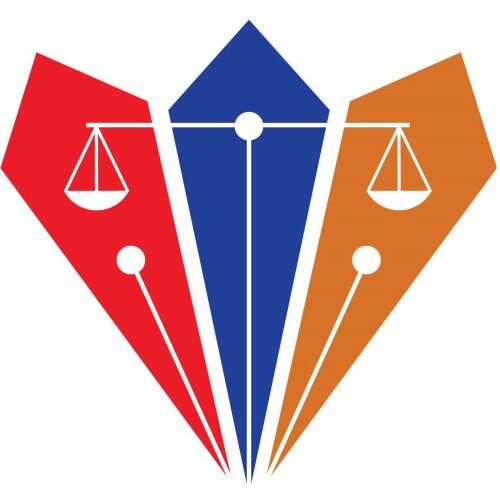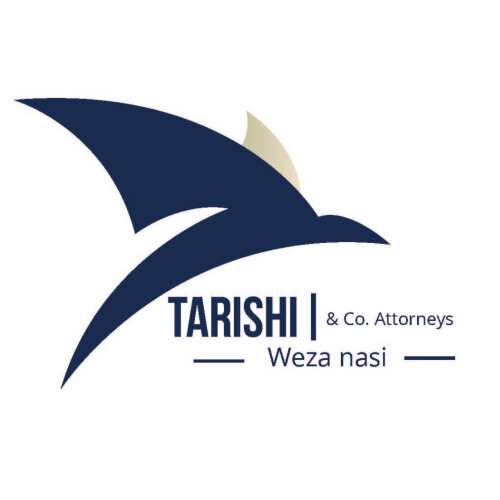Best Tax Lawyers in Tanzania
Share your needs with us, get contacted by law firms.
Free. Takes 2 min.
Or refine your search by selecting a city:
List of the best lawyers in Tanzania
About Tax Law in Tanzania:
Tax law in Tanzania is governed by the Tanzania Revenue Authority (TRA) and the Income Tax Act. Taxes in Tanzania are categorized into direct taxes, such as income tax, and indirect taxes, such as value-added tax (VAT). Understanding tax laws is essential for individuals and businesses to comply with regulations and avoid legal issues.
Why You May Need a Lawyer:
You may need a lawyer for tax-related issues such as tax disputes, audits, tax planning, or seeking tax exemptions. A lawyer can provide legal expertise to navigate complex tax laws, represent you in disputes with the tax authorities, and ensure compliance with regulations to avoid penalties.
Local Laws Overview:
In Tanzania, the main taxes include income tax, VAT, import duties, excise duties, and property taxes. The income tax rate ranges from 15% to 30% for individuals and 30% for companies. VAT is charged at a rate of 18%. It is important to keep accurate records, file tax returns on time, and pay taxes promptly to avoid legal issues.
Frequently Asked Questions:
1. What is the deadline for filing tax returns in Tanzania?
The deadline for filing tax returns in Tanzania is 30th June for individuals and 31st March for companies.
2. How is income tax calculated in Tanzania?
Income tax in Tanzania is calculated based on the taxpayer's annual income at progressive rates ranging from 15% to 30%.
3. Are there any tax incentives available for businesses in Tanzania?
Yes, there are tax incentives available for businesses in Tanzania such as tax holidays, investment allowances, and accelerated depreciation.
4. What are the penalties for late payment of taxes in Tanzania?
The penalties for late payment of taxes in Tanzania include interest charges and penalties ranging from 10% to 50% of the tax due.
5. Can I appeal a tax assessment in Tanzania?
Yes, you can appeal a tax assessment in Tanzania by filing an objection with the TRA within 30 days of receiving the assessment.
6. How can a tax lawyer help me with tax planning?
A tax lawyer can help you with tax planning by providing advice on tax-efficient strategies, structuring transactions, and maximizing tax savings within the legal framework.
7. What is the process for obtaining a tax clearance certificate in Tanzania?
To obtain a tax clearance certificate in Tanzania, you need to ensure all tax obligations are met, submit the necessary documentation to the TRA, and pay any outstanding taxes.
8. Are there any tax treaties that Tanzania has signed with other countries?
Yes, Tanzania has signed tax treaties with several countries to prevent double taxation, promote trade, and exchange information for tax purposes.
9. Can the TRA conduct tax audits on individuals and businesses in Tanzania?
Yes, the TRA can conduct tax audits on individuals and businesses in Tanzania to verify compliance with tax laws and ensure accurate reporting of income and expenses.
10. How can I avoid tax evasion and stay compliant with tax laws in Tanzania?
To avoid tax evasion and stay compliant with tax laws in Tanzania, it is essential to keep accurate records, report income truthfully, file tax returns on time, and seek professional advice from tax experts or lawyers.
Additional Resources:
For more information on tax laws in Tanzania, you can visit the Tanzania Revenue Authority (TRA) website or consult with a tax lawyer for personalized advice and assistance with tax matters.
Next Steps:
If you require legal assistance with tax-related issues in Tanzania, consider consulting with a tax lawyer who has expertise in local tax laws and regulations. A lawyer can provide guidance on complying with tax requirements, resolving disputes, and maximizing tax savings for individuals and businesses.
Lawzana helps you find the best lawyers and law firms in Tanzania through a curated and pre-screened list of qualified legal professionals. Our platform offers rankings and detailed profiles of attorneys and law firms, allowing you to compare based on practice areas, including Tax, experience, and client feedback.
Each profile includes a description of the firm's areas of practice, client reviews, team members and partners, year of establishment, spoken languages, office locations, contact information, social media presence, and any published articles or resources. Most firms on our platform speak English and are experienced in both local and international legal matters.
Get a quote from top-rated law firms in Tanzania — quickly, securely, and without unnecessary hassle.
Disclaimer:
The information provided on this page is for general informational purposes only and does not constitute legal advice. While we strive to ensure the accuracy and relevance of the content, legal information may change over time, and interpretations of the law can vary. You should always consult with a qualified legal professional for advice specific to your situation.
We disclaim all liability for actions taken or not taken based on the content of this page. If you believe any information is incorrect or outdated, please contact us, and we will review and update it where appropriate.
Browse tax law firms by city in Tanzania
Refine your search by selecting a city.











